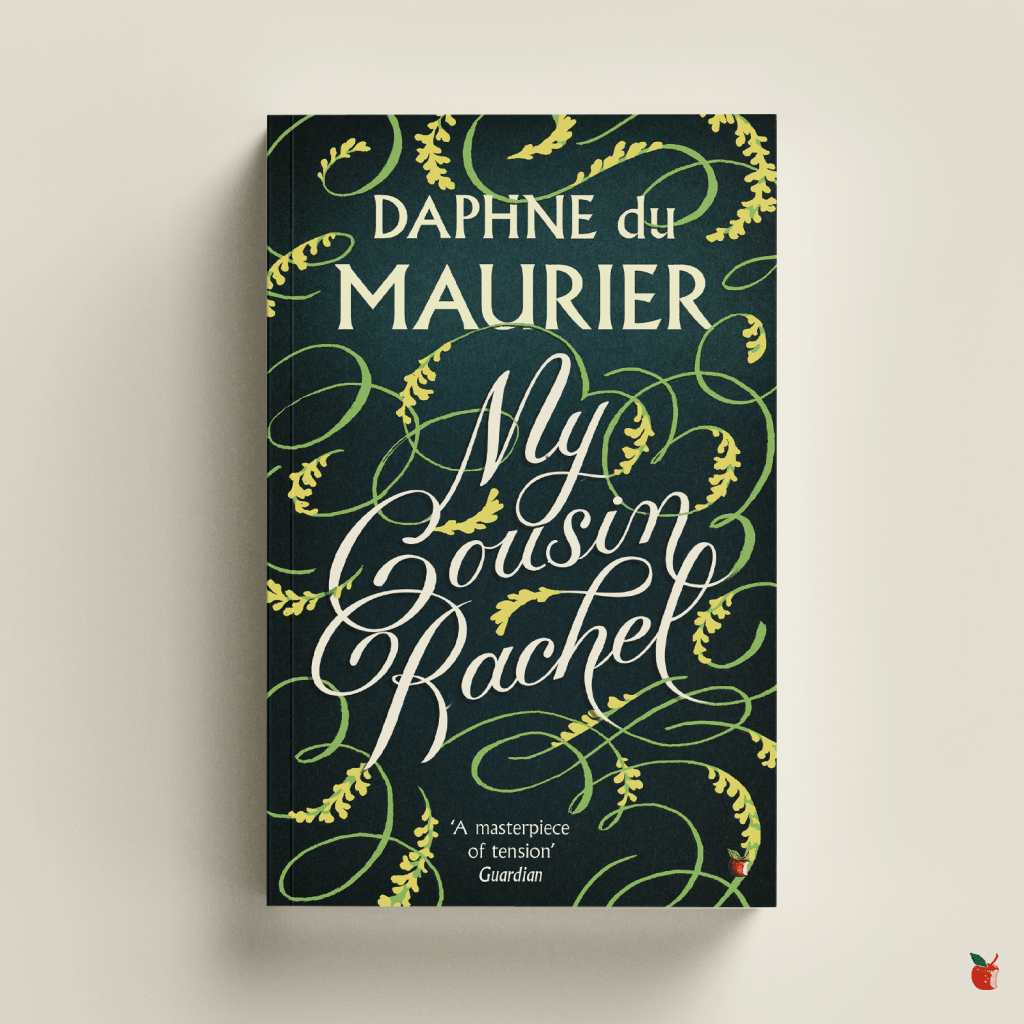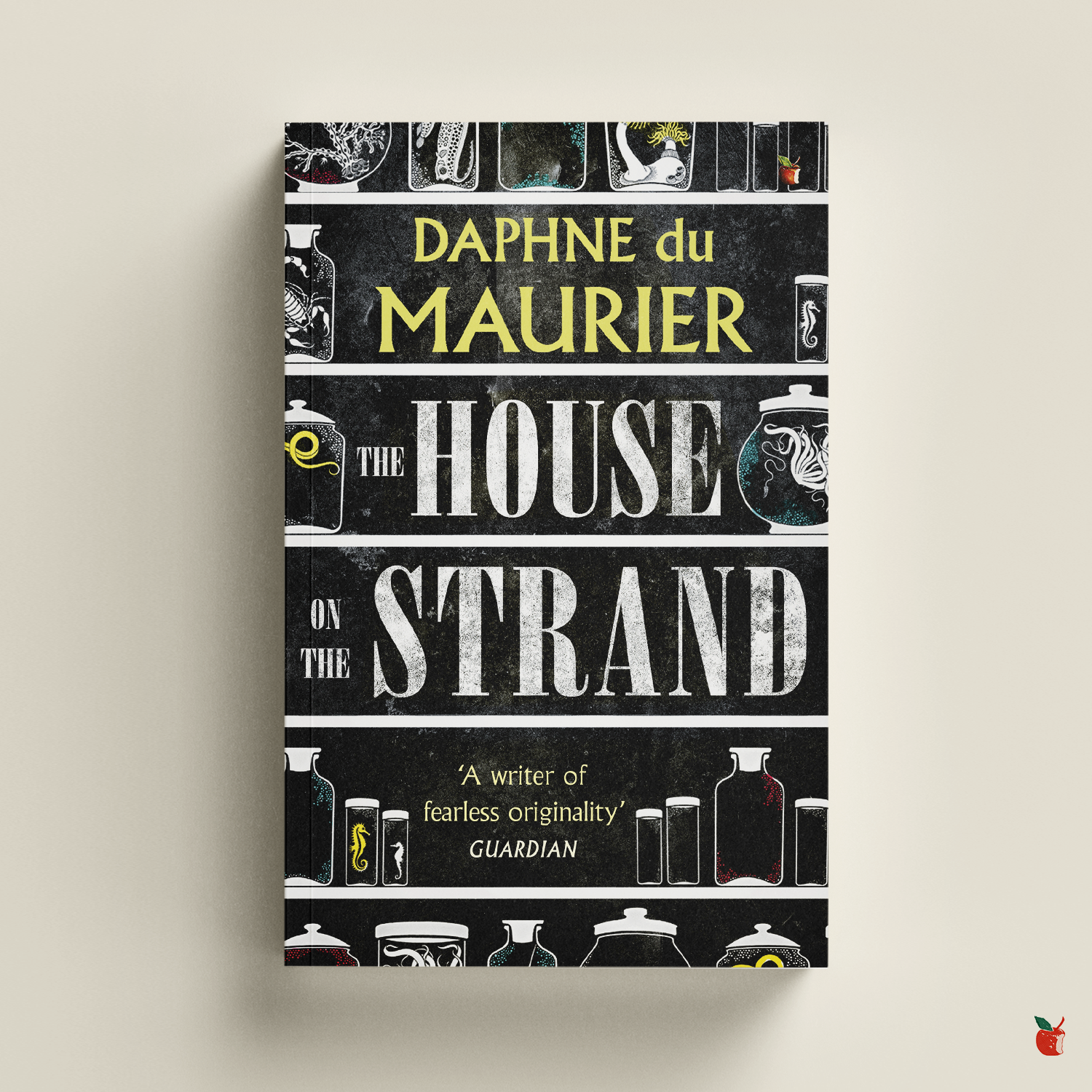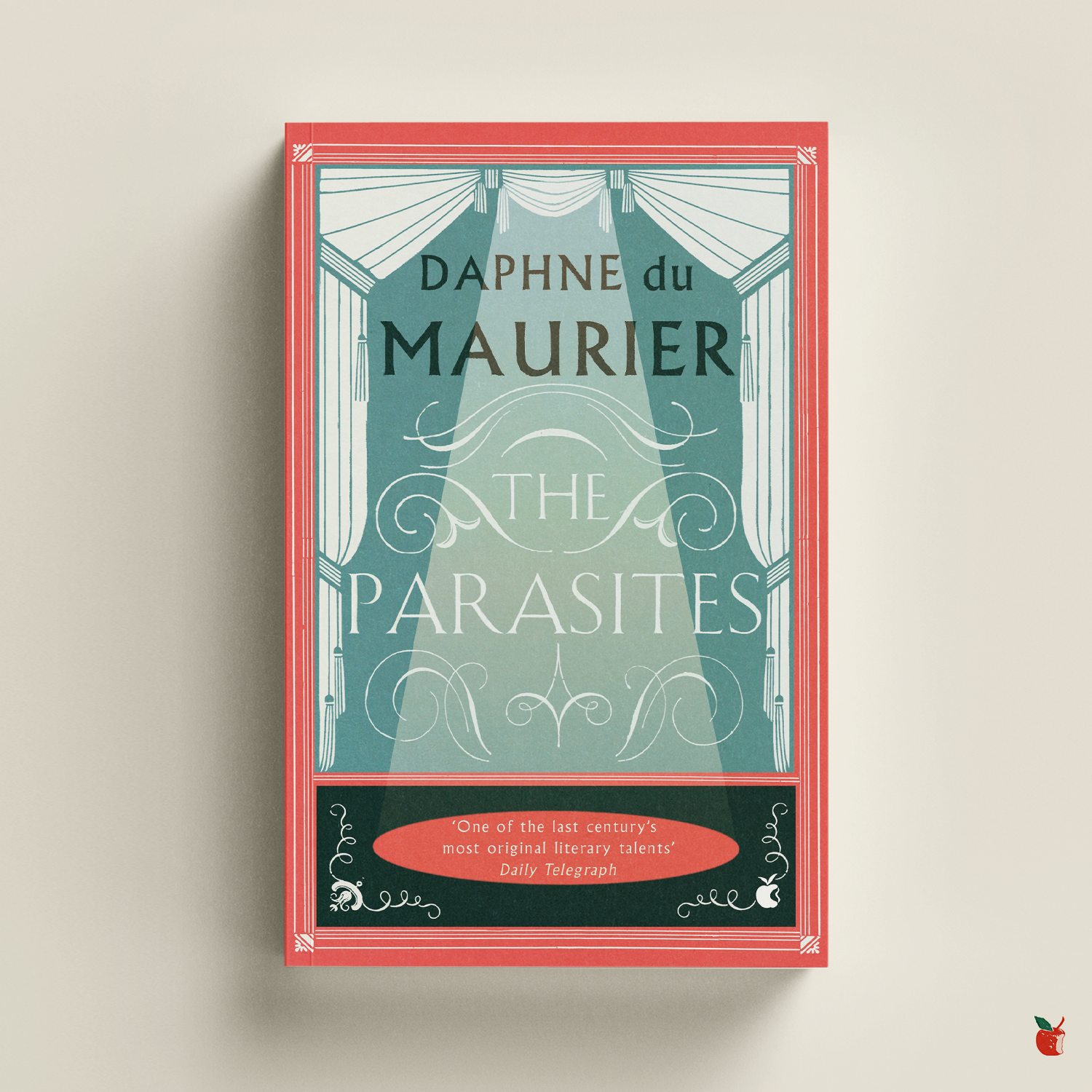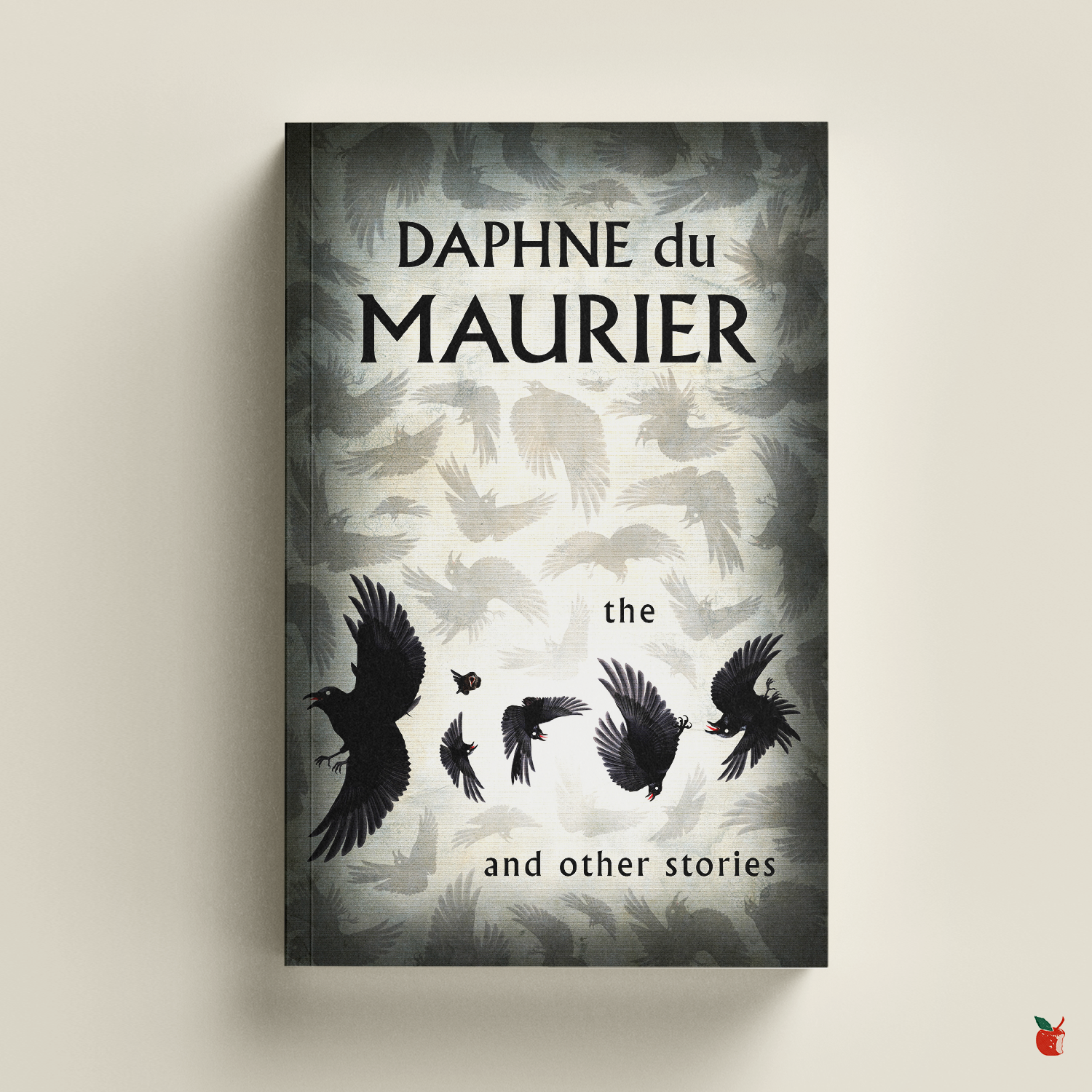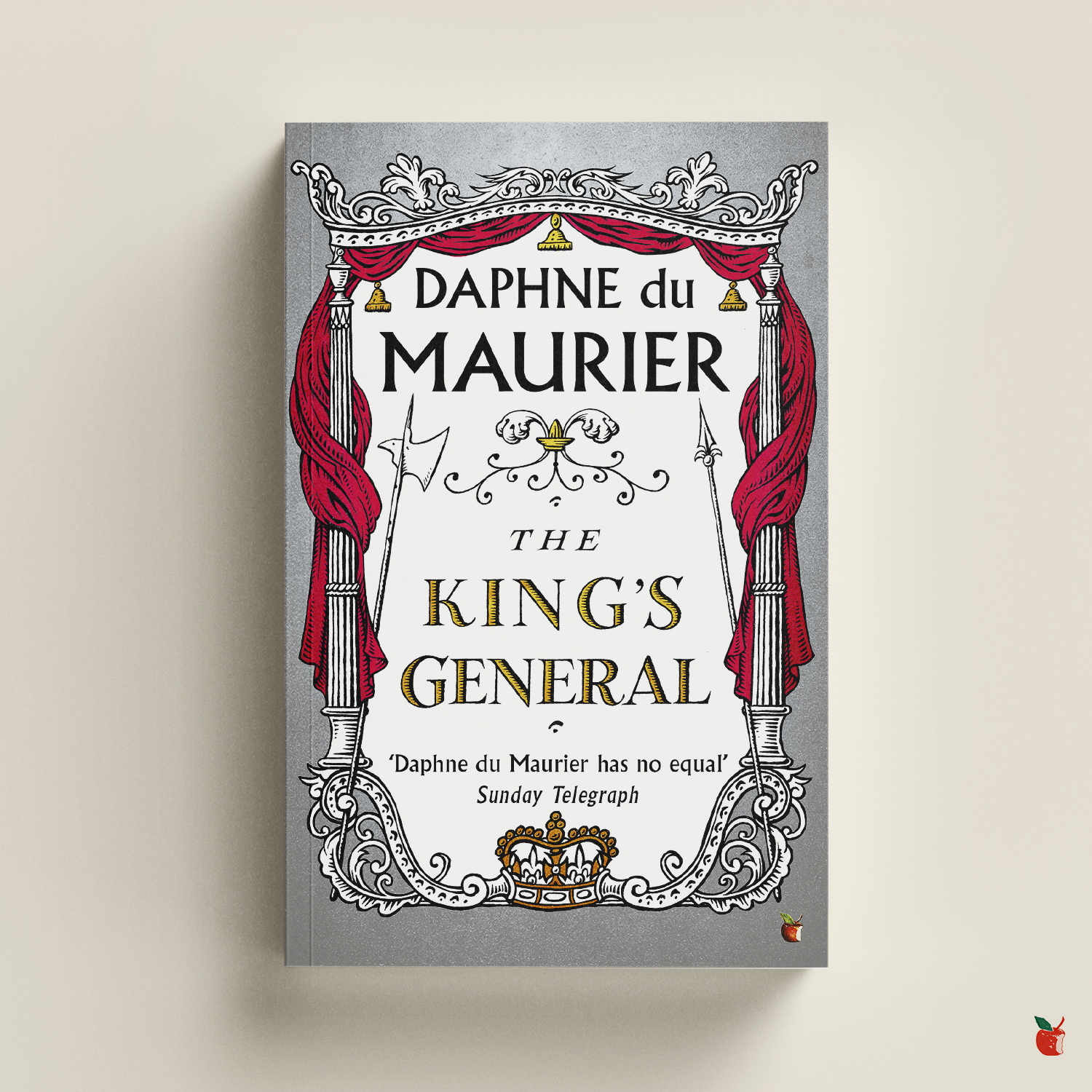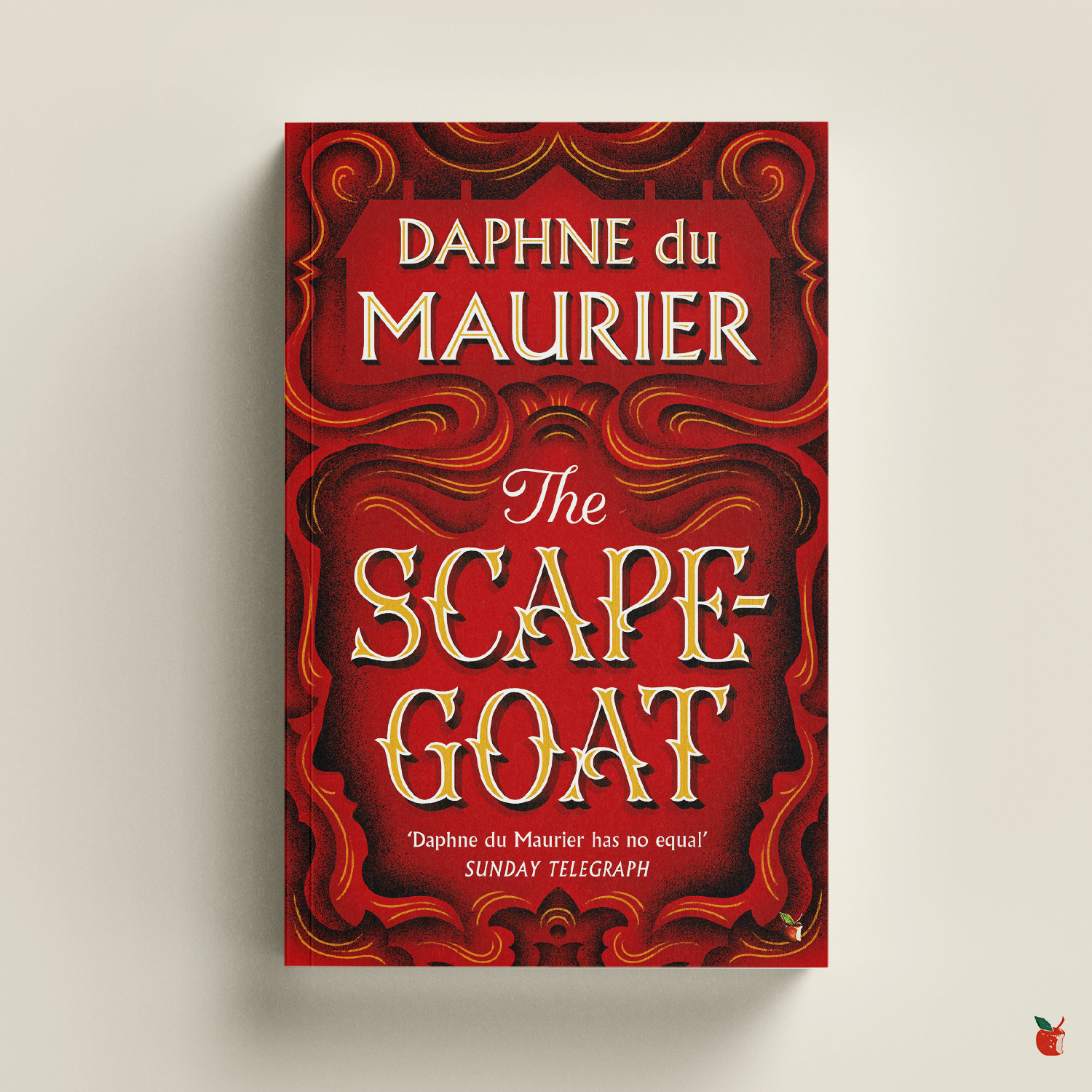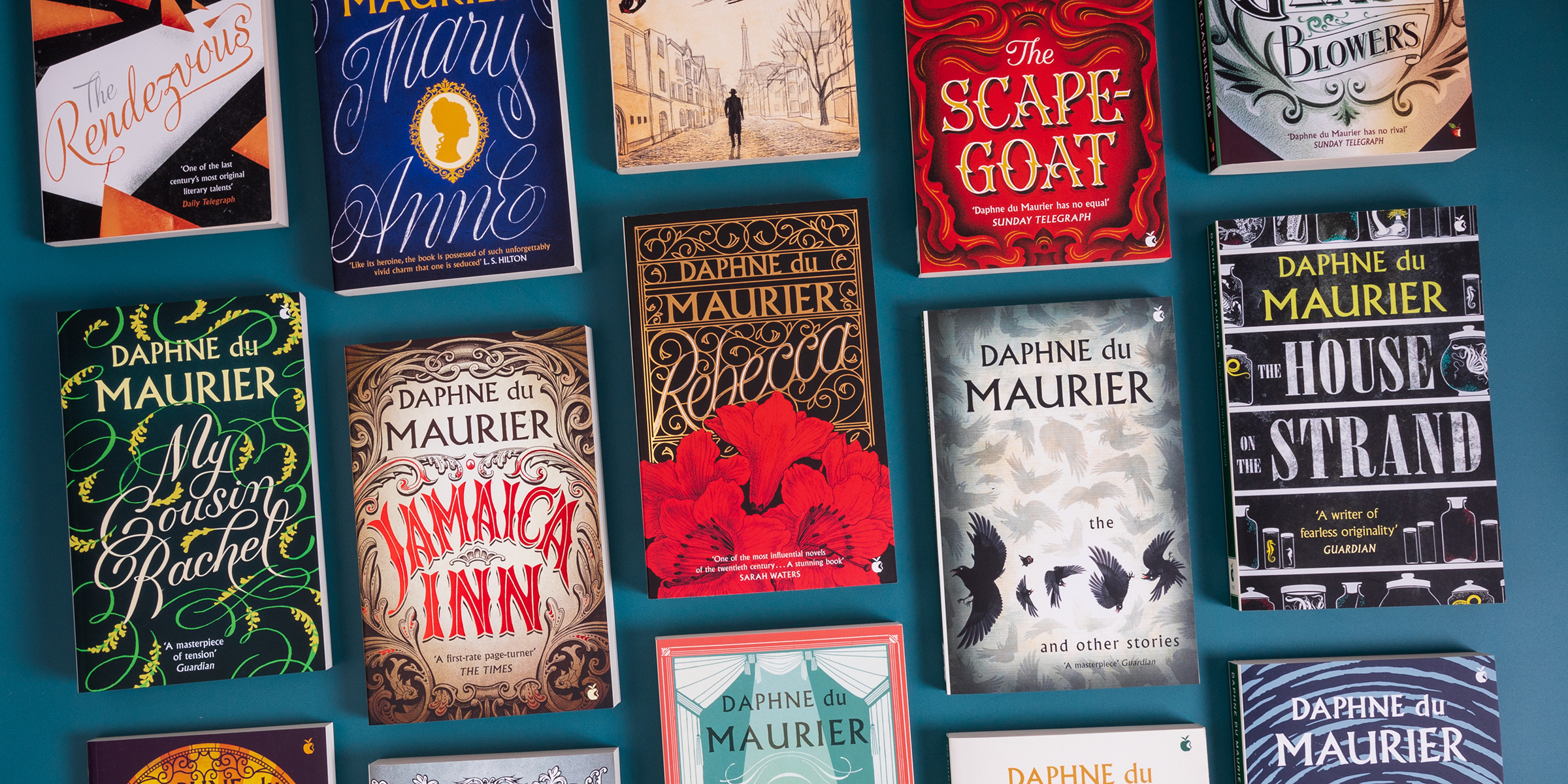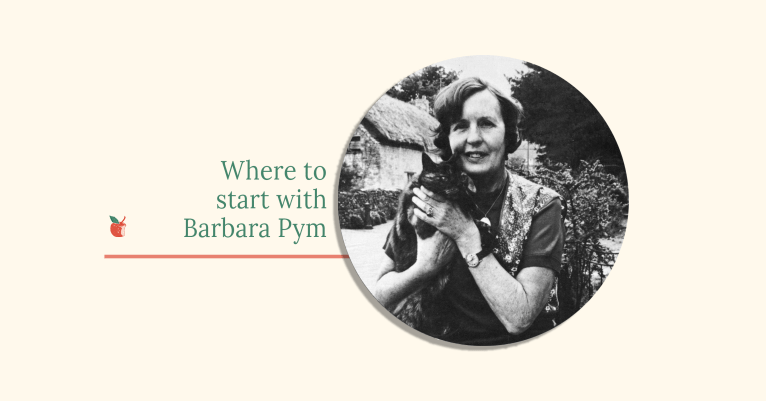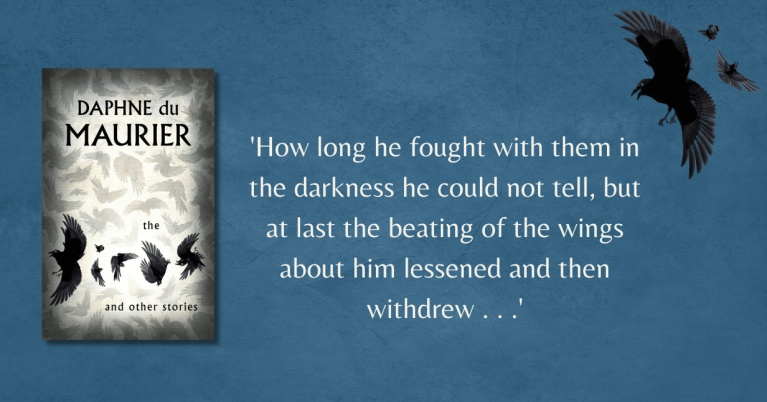Where to start with Daphne du Maurier
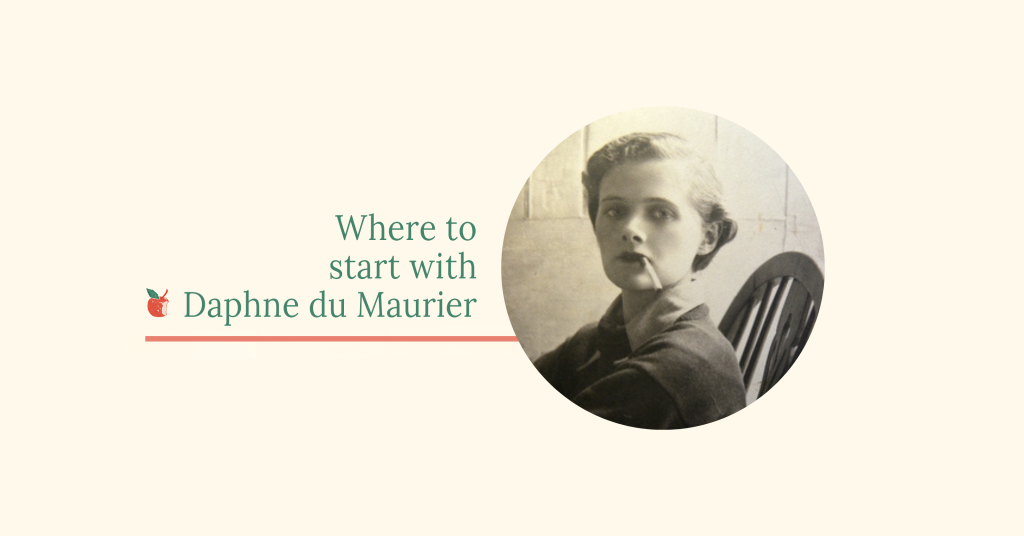
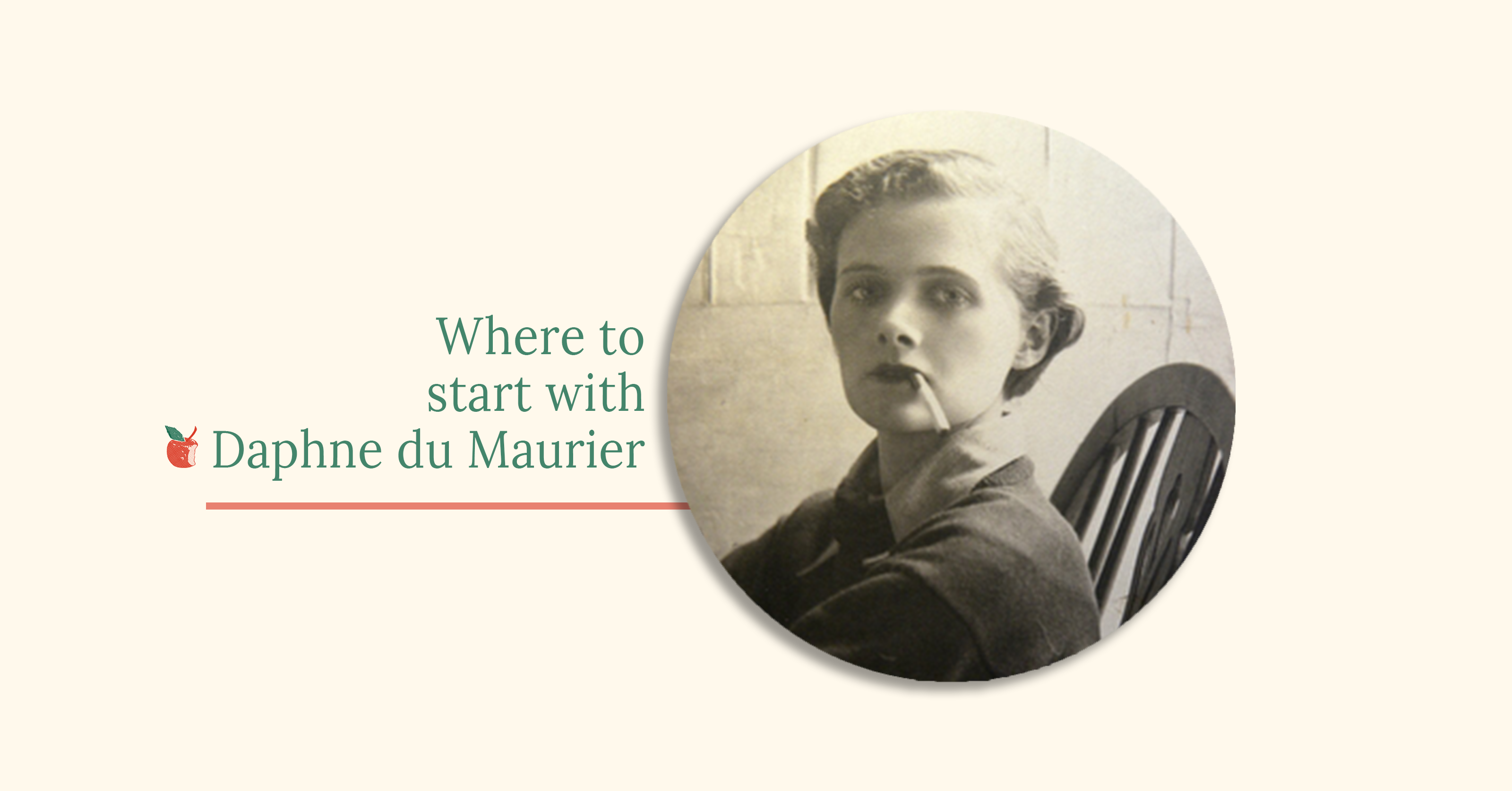
Where to start with Daphne du Maurier
‘Last night I dreamt I went to Manderley again . . .’
One of fiction’s most famous first lines, the opening words of Rebecca have cast an instant spell over millions of readers across the world. An immediate bestseller on its publication in 1938 and never out of print, Rebecca remains Daphne du Maurier’s best known novel, woven into our collective literary imagination, and helped establish its author as one of the most popular and beloved writers of the twentieth century. But rather as the second Mrs de Winter is haunted by the presence of her vivid, beautiful predecessor, Rebecca’s popularity has sometimes overshadowed the rest of du Maurier’s extraordinary work: her career spanned from the beginning of the 1930s to her death in 1989, and encompassed 16 novels, short stories, plays, biographies, a memoir, and books about her beloved Cornwall.
The author herself lamented that she was ‘not a critic’s favourite…I am generally dismissed with a sneer as a bestseller’, but she has increasingly been recognised as a hugely important writer – a queen of psychological suspense; a masterful short story writer; a novelist whose depictions of ‘romance’ are darker and more transgressive, playing with gender and sexuality in vividly contemporary ways; and a bold experimenter with genre. Alongside gothic adventure (Jamaica Inn) and swashbuckling historical romance (Frenchman’s Creek), du Maurier’s writing dives into science fiction, horror, thriller, and even a prescient near-future dystopia in which Britain’s withdrawal from Europe has left it facing bankruptcy. But in every genre, du Maurier is a consummate storyteller, twisting our assumptions and emotions with complete control, and creating a sense of place and atmosphere so potent and visceral we almost believe that we, too, have travelled down that winding drive to Manderley… Whether you want to lose yourself in the shadows of an unreliable narrator, slip from the 60s to medieval Cornwall, fall for a defiant heroine or be haunted by an apocalyptic vision of nature – there’s a du Maurier for everyone.
If you can’t resist a twist . . .
My Cousin Rachel
‘Du Maurier is mistress of the sleight of hand: she will unseat your expectation again and again in this novel, pulling the rug out from under your feet. Brilliantly, marvellously chilling’ Maggie O’Farrell
Like her most famous novel, My Cousin Rachel is set in the Cornish landscape around Fowey, and in a fictionalised version of Menabilly, the house that dominated du Maurier’s imagination and feels in like a character in its own right. At night, she wrote, “the house whispers her secrets, and the secrets turn to stories, and in strange and eerie fashion we are one, the house and I’. Sexual attraction feels at its most dark and dangerous in this propulsive thriller, in which our narrator, Philip Ashley, is torn between his desire for the mysterious, beautiful Rachel – the widow of his beloved cousin – and his suspicions about her involvement in Philip’s untimely death. Is she a femme fatale or an innocent woman trying to exert some agency in a patriarchal world? From its ominous beginning to the shock ending, this novel never lets us feel sure.
For fans of: The Silent Patient, Gone Girl, Saltburn
If you love a time-slip fantasy . . .
The House on the Strand
‘The interface between the two eras, the seductive danger and adventure of moving from one to the other, and finally the sense of the ground giving way beneath the narrator’s feet . . . feels electric’ Bridget Collins
When Dick Young’s friend, Professor Magnus Lane, offers him an escape from his troubles in the form of a new drug, Dick finds himself transported to fourteenth-century Cornwall. There, in the manor of Tywardreath, he witnesses intrigue, adultery and murder. The more time Dick spends consumed in the past, the more he withdraws from the modern world. With each dose of the drug, his body and mind become addicted to this otherworld and his attempts to change history bring terror to the present and put his own life in jeopardy. With experimental drugs, sci-fi ‘bio-physical’ research, and a fascinating insight into the fatal lure of the past, du Maurier’s penultimate novel is one of her most unexpected.
For fans of: Outlander, Behind Her Eyes, The Binding
If you’re fascinated by fictional families . . .
The Parasites
‘A novel about three step-siblings of complicated parentage, growing up wildly in a crazy Bohemian theatrical family, inspired by du Maurier’s own . . . unexpected, and fun, and one of her own favourites’ Margaret Drabble
Refreshingly different from her historical novels, The Parasites is the du Maurier for readers who love a witty, sharply observed exploration of family dynamics, as well as an insight into the world of the theatre. Du Maurier’s father was the most famous actor-manager of his generation, playing Captain Hook/Mr Darling in the stage play of Peter Pan, and The Parasites draws on her intimate knowledge of that world. Maria, Niall and Celia have grown up in the shadow of their famous parents. Their father is a flamboyant singer and their mother is a talented dancer. Now pursuing their own creative dreams, all three siblings feel an undeniable bond, but it is Maria and Niall who share the secret of their parents’ pasts. Du Maurier’s novels are full of doubles and doppelgangers, but here the three siblings are all facets of her own personality, and the story is told, strikingly, in the first person plural: ‘It was Charles who called us the parasites’. The voice shifts between each of the characters’ perspectives and a sense of their collective identity, so that we can’t divide the siblings into distinct selves.
For fans of: The Waves, The Whalebone Theatre, The Camomile Lawn
If you want stories to send a chill down your spine . . .
The Birds
Du Maurier’s chilling, uncanny and perfectly formed short stories reveal her at the height of her powers – it’s no wonder that Hitchcock felt such an affinity with her work. You may think you know ‘The Birds’ from the famous film adaptation, but the original story is a masterpiece of pacing, and a terrifying vision of how the familiar world can suddenly turn on us. Whether you read the attacking birds as a metaphor for wartime bombings, climate change, or cold war terror, this story – and the others in this collection – will haunt you long after the final page.
For fans of: Leave the World Behind, Shirley Jackson, You Like It Darker
If your heart belongs to a life-long love affair . . .
The King’s General
This is a novel about women’s agency in wartime, and it’s no coincidence that it was written in 1946, just after the end of the Second World War. But in The King’s General we’re in the age of the English Civil War, in rebellious and independent Cornwall – and with one of du Maurier’s most fiercely independent, adventurous heroines. On her eighteenth birthday, Honor Harris meets Sir Richard Grenvile: he is proud, reckless – and utterly captivating. They have a rare connection, and with her beauty and sharp wit, she intrigues him too. But days before their wedding, a terrible accident leaves Honor partly paralysed, and she calls off the marriage. Fifteen years later, war forces Honor to shelter with her sister at the Cornish estate of Menabilly – where she meets Richard once again, and must summon all her strength to defend her country.
For fans of: The Leviathan by Rosie Andrews, Persuasion, Poldark
If you ever dream of escaping into someone else’s life . . .
The Scapegoat
‘Artfully compulsive storytelling’ New York Times
Du Maurier was fascinated by the French side of her family history – explored in historical novels such as The Glass-Blowers – and that divided sense of identity plays a key role in The Scapegoat. By chance, two men – one English, the other French – meet in a provincial railway station. Their resemblance is uncanny, and they spend the evening talking and drinking. It is not until John wakes the next morning that he realises his French companion has stolen his identity and disappeared. So John steps into the Frenchman’s shoes, and faces a variety of perplexing roles – as owner of a chateau, director of a failing business, head of a fractious family, and master of nothing. With an unforgettable cast of almost surreal characters, The Scapegoat has the haunting quality of a nightmare from which you can’t awake.
For fans of: Vertigo, Strangers on a Train, Eileen
Click here to explore the gothic side of Daphne du Maurier with our bundle offer of five books for £40.00 available exclusively through the Virago Store.

